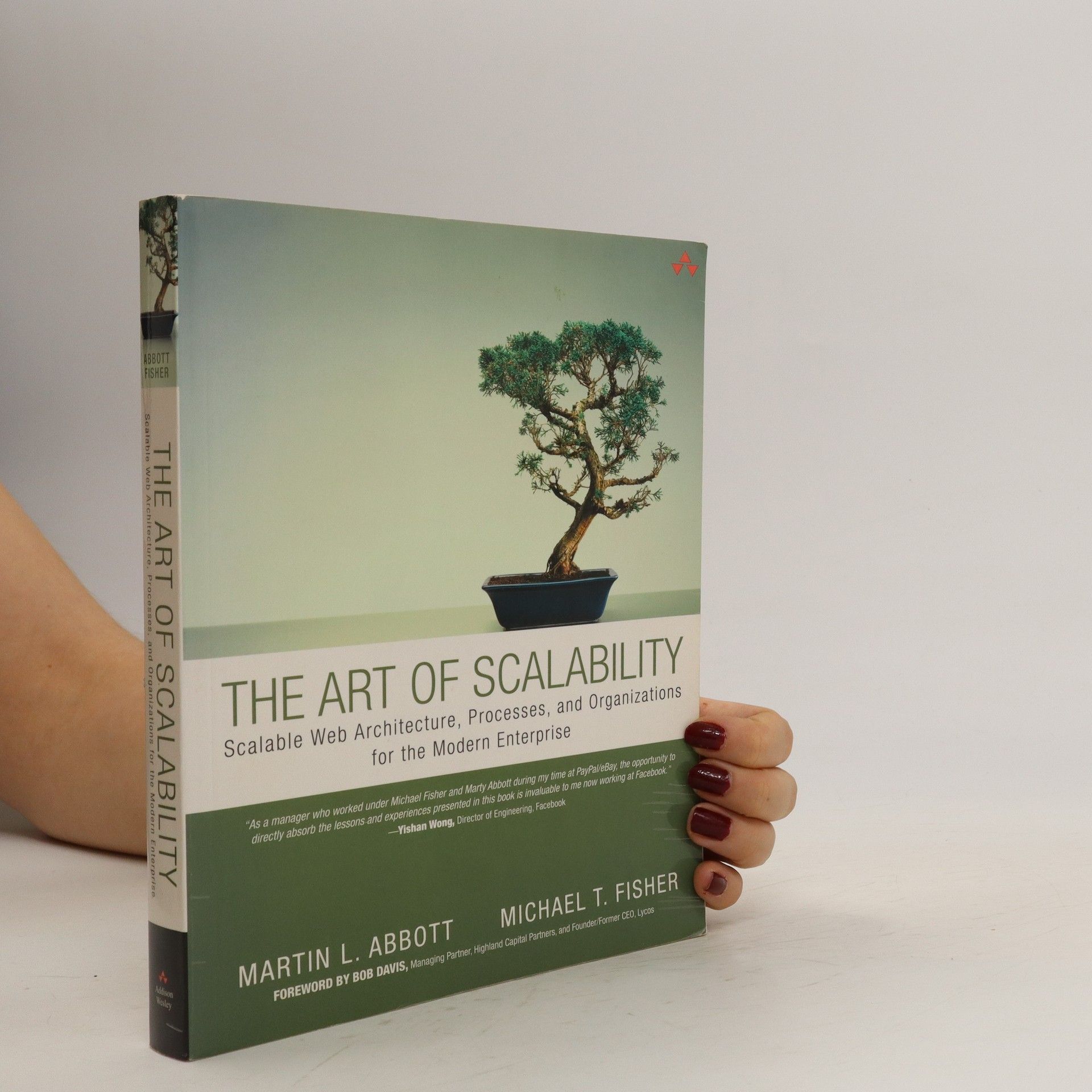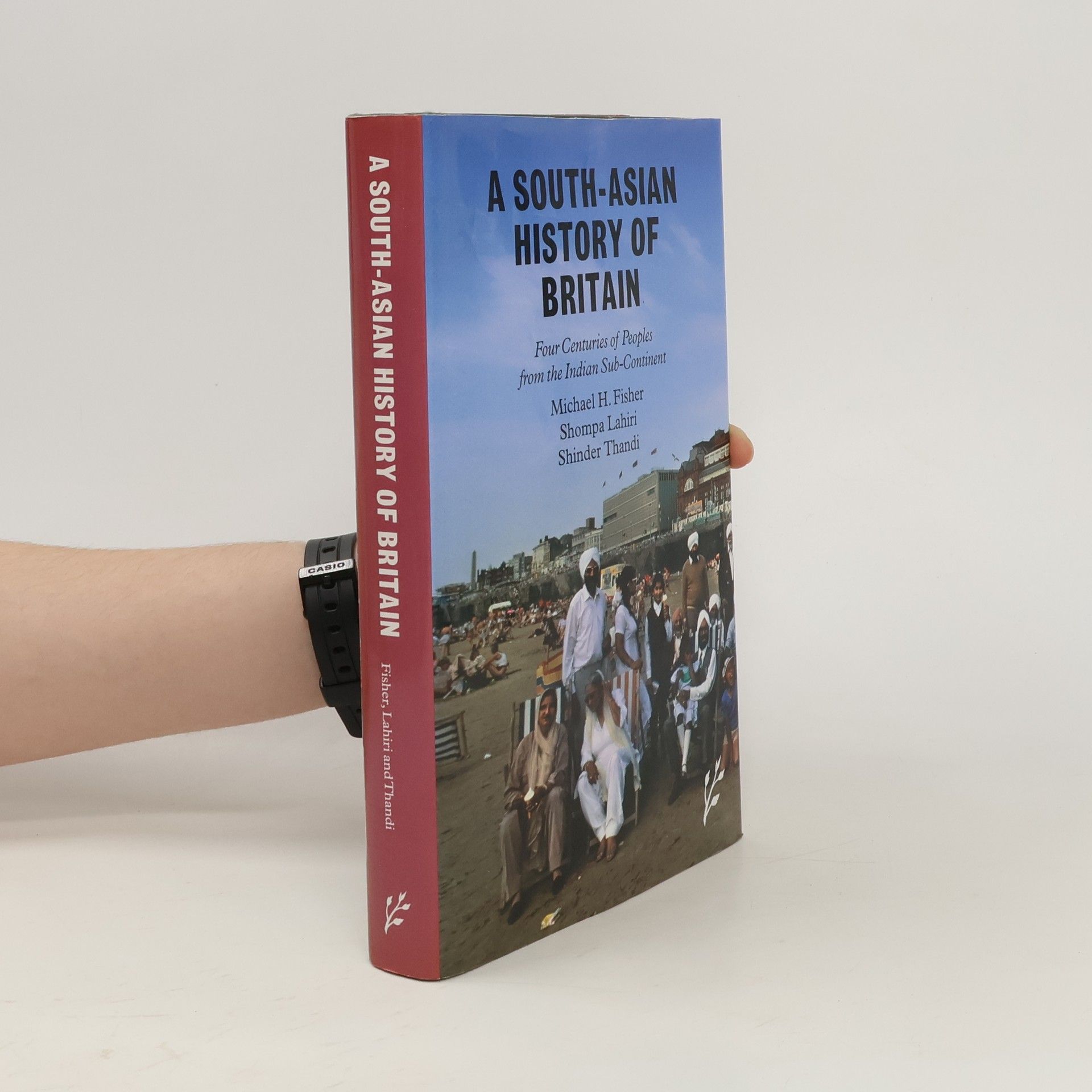A South-Asian History of Britain
- 250pages
- 9 heures de lecture
People from South Asia have been coming to Britain since the beginning of the 17th century. From the 1950s, increased immigration produced new generations of British Asians, who experienced both racism and economic hardship as they strove to express their entrepreneurial spirit and assert their religious identity. This book presents their story.

